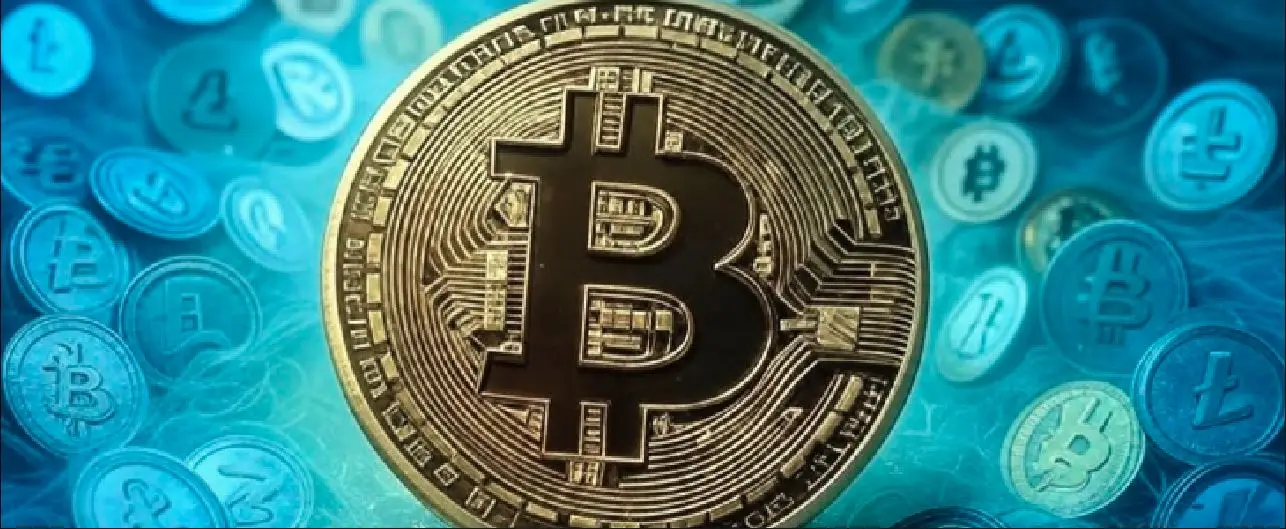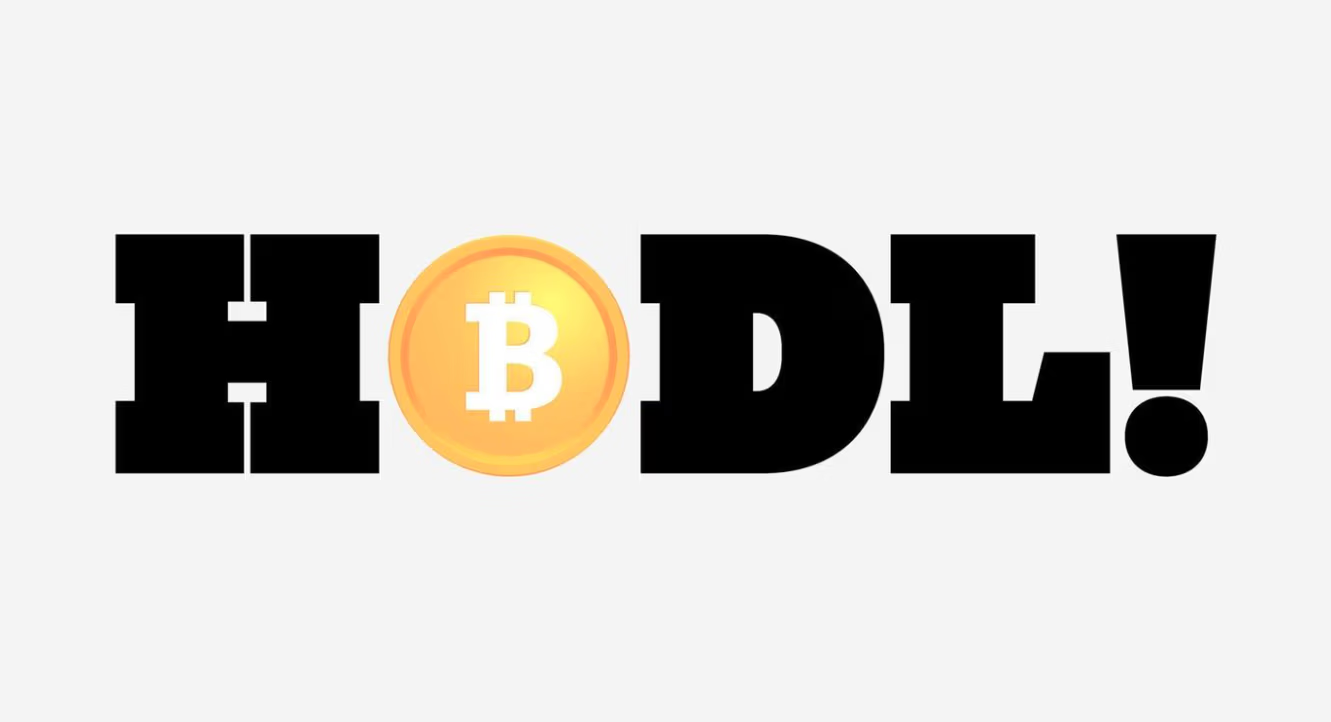Table of Contents
- Understanding Bitcoin Retail Demand
- Factors Behind the Decline in Retail Volumes
- Impact on Bitcoin Prices
- Future Predictions for Bitcoin Retail Demand
- How to Buy Bitcoin on Gemini
- Conclusion
- FAQ
Key Takeaways
✅ Bitcoin retail demand has dipped by 2%, impacting market dynamics.
✅ Institutional interest remains strong despite decreased retail activity.
✅ External factors like macroeconomic conditions influence retail participation.
✅ Buying Bitcoin on Gemini is straightforward with simple steps for beginners.
Understanding Bitcoin Retail Demand

Bitcoin retail demand refers to the volume of Bitcoin traded by individual investors, rather than institutions. This includes purchases, sales, and transfers of Bitcoin by individuals. Recently, reports indicate a 2% dip in this activity, raising questions about market stability. Retail investors often influence short-term price movements, so understanding these shifts is essential. Additionally, factors like market sentiment, economic conditions, and public interest play crucial roles in these trends.
Why Retail Demand Matters
Retail demand adds liquidity and volatility to the Bitcoin market. A drop suggests waning interest or caution among smaller investors, possibly due to external economic conditions or market sentiment shifts.
Factors Behind the Decline in Retail Volumes
Several factors contribute to the recent decline in Bitcoin retail demand:
Advertisement
Join Gemini today and get $15 in free Bitcoin when you trade with an easy, secure and U.S.-regulated crypto exchange you can trust. Offer valid for U.S. residents only; crypto investments are risky.
1. Macroeconomic Pressures
Global economic uncertainty affects investor confidence. High inflation, interest rate hikes, and potential recessions make investors cautious.
2. Market Sentiment
Bitcoin’s recent price stagnation has discouraged day traders and retail participants. A stable price reduces the allure of quick profits, causing some to step away.
3. Regulatory Uncertainty
Ongoing regulatory discussions worldwide impact retail investors’ confidence. Unclear guidelines create hesitation, especially among newer participants.
Impact on Bitcoin Prices
The decline in retail activity influences Bitcoin prices differently than institutional activity. Retail investors typically cause short-term price fluctuations, while institutional moves can drive longer-term trends.
Short-Term Effects
- Reduced Volatility: Fewer retail traders mean lower volatility.
- Price Consolidation: Bitcoin’s price may stay within a narrow range.
Long-Term Implications
- If institutional interest remains high, the impact of low retail activity may be minimal.
- A potential retail resurgence could trigger significant upward momentum.
Future Predictions for Bitcoin Retail Demand
Experts suggest that retail demand may recover if macroeconomic conditions improve. Factors that could reignite interest include:
- Market Breakouts: A clear price movement, whether up or down, often attracts retail traders.
- Regulatory Clarity: Clear regulations could restore confidence.
- Increased Education: More accessible resources on Bitcoin investing can draw in hesitant newcomers.
How to Buy Bitcoin on Gemini
Gemini provides a user-friendly platform for purchasing Bitcoin. Follow these steps:
- Create an Account:
- Visit Gemini website and sign up.
- Provide required documents for identity verification.
- Fund Your Account:
- Link a bank account.
- Deposit funds via bank transfer, debit card, or wire transfer.
- Buy Bitcoin:
- Navigate to the “Trade” tab.
- Select Bitcoin and enter the amount you want to buy.
- Confirm your transaction.
- Secure Your Investment:
- Transfer Bitcoin to a private wallet for added security.
Gemini’s intuitive interface makes this process simple, even for beginners.
Conclusion
Bitcoin retail demand has dipped, reflecting broader market trends and investor sentiment. However, the long-term outlook remains positive, particularly with steady institutional interest. For those considering an investment, understanding these dynamics can provide valuable context. And if you’re ready to start, Gemini offers a straightforward platform to buy Bitcoin with ease.
FAQs
1. What is Bitcoin retail demand?
Bitcoin retail demand measures the trading activity of individual investors in the Bitcoin market.
2. Why has Bitcoin retail demand decreased?
Economic uncertainty, stagnant prices, and regulatory concerns have contributed to the decline.
3. How does declining retail demand affect Bitcoin’s price?
Lower retail activity typically reduces price volatility and can lead to price consolidation.
4. Can retail demand recover?
Yes, improving economic conditions, regulatory clarity, and educational initiatives may revive interest.
5. How can I buy Bitcoin safely?
Use reputable exchanges like Gemini and consider transferring assets to a private wallet for added security.





